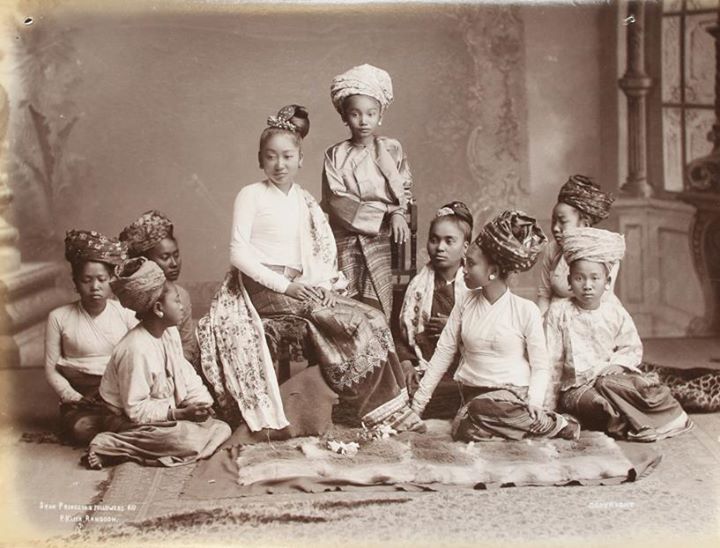More than 30 ethnic-based political parties and civil society organisations have released a statement calling on the Burmese government to revise the details and number of ethnic groups in the country before initiating the national census planned for next month.
The announcement came following a meeting between ethnic representatives and the government’s Central Census Commission on Monday.
Khon Ja, a renowned Kachin activist who is a member of the Kachin Network, has vowed to obstruct the census if it goes ahead without consultation with civic groups representing the various ethnic populations.
“We are prepared to ensure that the census does not go ahead as it stands. That much is clear,” she said. “However, I cannot tell you right now how far we will go [in impeding the census] because we have not yet discussed that. Suffice to say, we will resist it as best we can.”
She went on to say that it was unethical for the government, the donors and the census commission to put such pressure on 40 percent of the country’s population.
Twenty-three Kachin civic organisations sent letters recently to President Thein Sein and Parliamentary Speaker Shwe Mann calling for the postponement of the census, which is scheduled to be conducted from 23 March to 10 April.
[related]
The main complaint of the Kachin groups is the designation of 135 ethnic groups and sub-groups on the questionnaire, which they say is an inaccurate portrayal of Kachin State’s diversity. They claim there is no such thing as a particular tribe known as the “Kachin” – rather, they say, 12 different sub-groups make up the Kachin race.
Many ethnic Chin leaders have also been outspoken in their opposition to the 135 ethnicities that were identified in the 19th century under British colonial rule.
Salai Izak Khin of the Chin National Committee said there were inconsistencies with ethnic sub-groups listed in Chin State.
“There are 53 code numbers in the census specified for the Chin population – from 401 to 453 – and we have a concern that this may cause more division among the Chin groups,” he said.
“We consider that this problem has been by a lack of transparent debate and communication between the census commission and the ethnic groups.”
Karen Women’s Action Group co-ordinator Susana Hla Hla Soe said that Burma’s ethnic groups will reach out to international donors to complain about the census procedures which she said were “damaging” for the majority of the ethnic nationalities.
“The Census Commission said they planned an extra-thorough procedure, but how could they possibly plan this census without our input?” she questioned.
Another source of discontent is among the roughly 600,000 Palaung people in eastern Burma who are listed on the proposed census as one of the 33 sub-groups of the Shan. However, the Palaung contend that they are Mon-Khmer descendants and not Shan-Tai, who were originally migrants from southern China.
Despite the dissension among ethnic groups across the country, Naypyidaw continues to appear content that everything is going to plan.
Dr Nyi Nyi, director general of Burma’s Department of Population, said last month that each person in the country shall be given the opportunity to refer to themselves by whatever ethnicity they choose.
And last week, Minister for Immigration and Population Khin Yi stated that “all armed groups were ready to cooperate” with the government.
The proposed 2014 nationwide census forms contains 41 questions which the government says are intended to survey basic data for policymaking and development. Each person will be required to specify his or her ethnicity on the questionnaire as per a three-digit code which will apply to the 135 listed ethnic groups. However, a space is allocated alongside the code box where a person might presumably be able to write the race or ethnicity of their choice if it is not included in the codes.
In addition to details about family members, ethnicity and place of birth, Burmese will also be asked their occupation, any physical disabilities, and what facilities are available to their household, such as electricity, water and sanitation.



